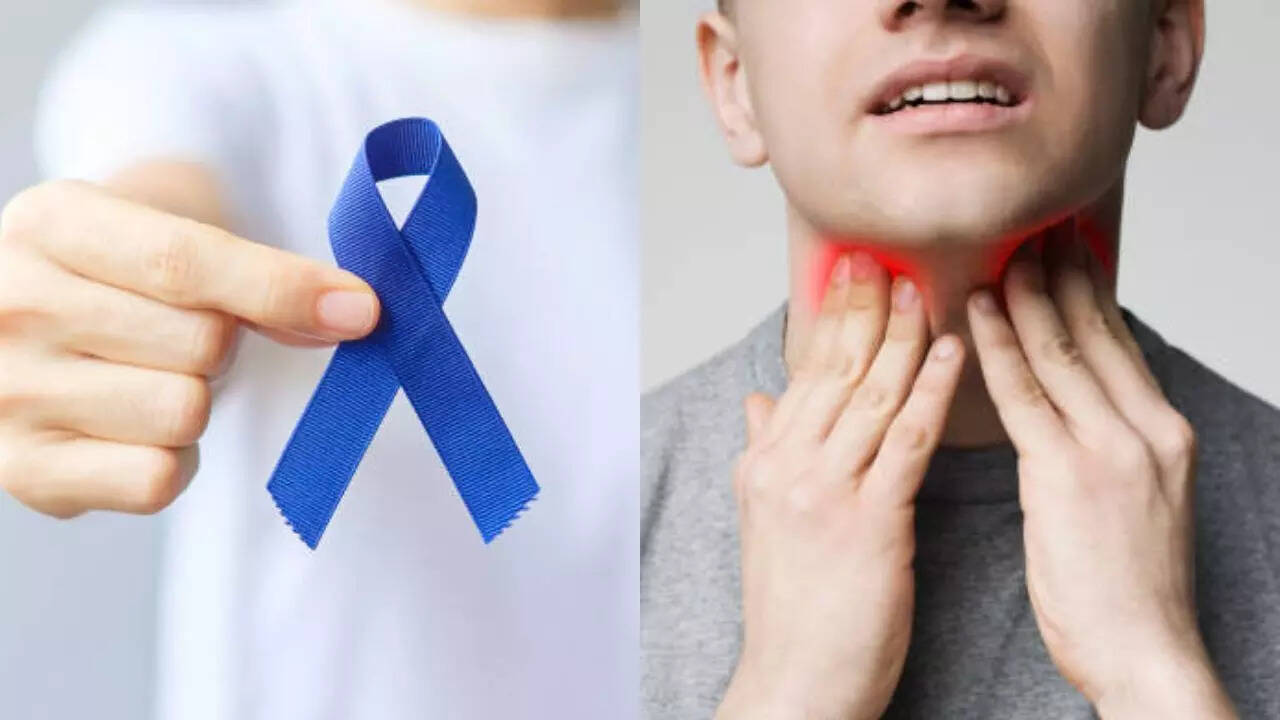-
news
-
Health
Men, here’s why your habits may be a bigger cancer risk than your genes

Men, here’s why your habits may be a bigger cancer risk than your genes (Image credit: iStock)
role of genetics
Our DNA contains the genetic instructions that make us who we are, including some predispositions to diseases like cancer. Mutations in genes such as BRCA1/BRCA2 or MMR (mismatch repair) genes can substantially increase the risk of cancer in men, including prostate, colorectal and even breast cancer (although rare).
How does lifestyle affect genes?
Epigenetics investigates how lifestyle and environmental factors can modify gene activity without changing the DNA sequence. “Lifestyle factors can turn certain genes ‘on’ or ‘off’,” explains Dr Kaur Kaler. “For example, genes that suppress abnormal cell growth may be ‘turned off’, increasing cancer risk, or genes that promote cell growth may be activated.”
Lifestyle: Major reasons behind the risk of cancer
Lifestyle choices contribute to the majority of cancer cases, making them an important focus for prevention.
1. Smoking
“Smoking is the leading preventable cause of cancer,” explains Dr. Kaur Kaler. It is linked not only to lung cancer but also to throat, bladder and mouth cancer.
4. Sun exposure
Men who spend long periods of time outside without adequate sun protection have an increased risk of skin cancer, including melanoma.
genetics vs lifestyle
While genetics set the stage for potential cancer development, lifestyle choices often determine the outcome. Men with unhealthy habits such as smoking, excessive alcohol consumption or obesity have a higher risk of cancer than those with a genetic predisposition but a healthy lifestyle.
- Regular screening: If you have a family history of cancer, consult your doctor about genetic testing and early screening.
- Quit smoking: Get help to stop smoking, as it significantly reduces your risk of cancer.
- Adopt a healthy diet: Include fruits, vegetables, whole grains and lean proteins, and reduce your intake of processed food.
- Stay active: Regular physical activity helps maintain a healthy weight and reduces the risk of cancer.
- Limit alcohol: Follow guidelines for drinking moderate amounts of alcohol to reduce liver and colon cancer risks.
- Protect your skin: Use sunscreen with an SPF of 30 or higher when going outside.
Cancer is complex, but prevention can be simple. While genetic predispositions play a role, making informed lifestyle choices can dramatically reduce cancer risk. “By focusing on modifiable behaviors and being vigilant about screening, men can take control of their health and significantly reduce their cancer risk,” shares Dr. Kaur Kaler.


